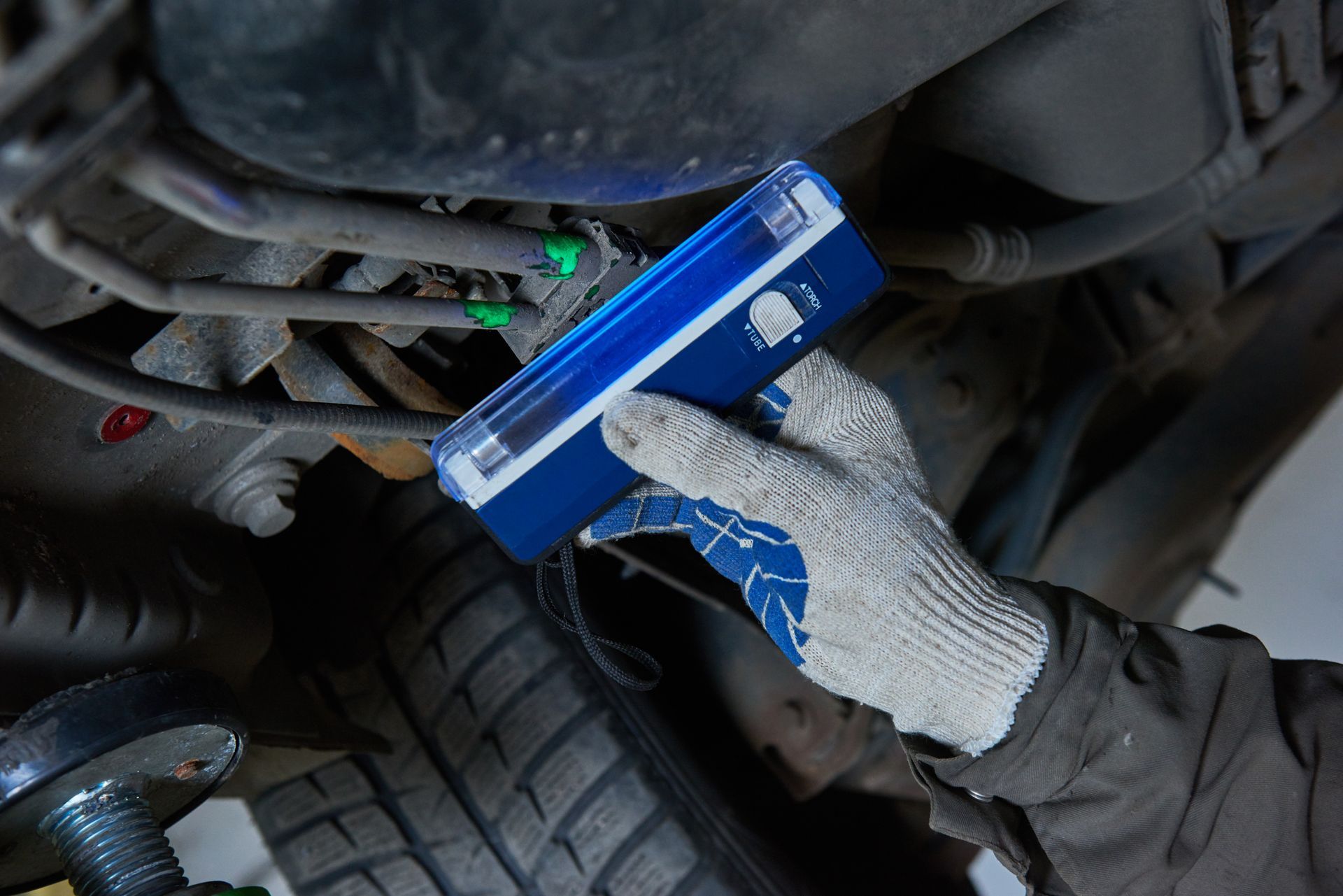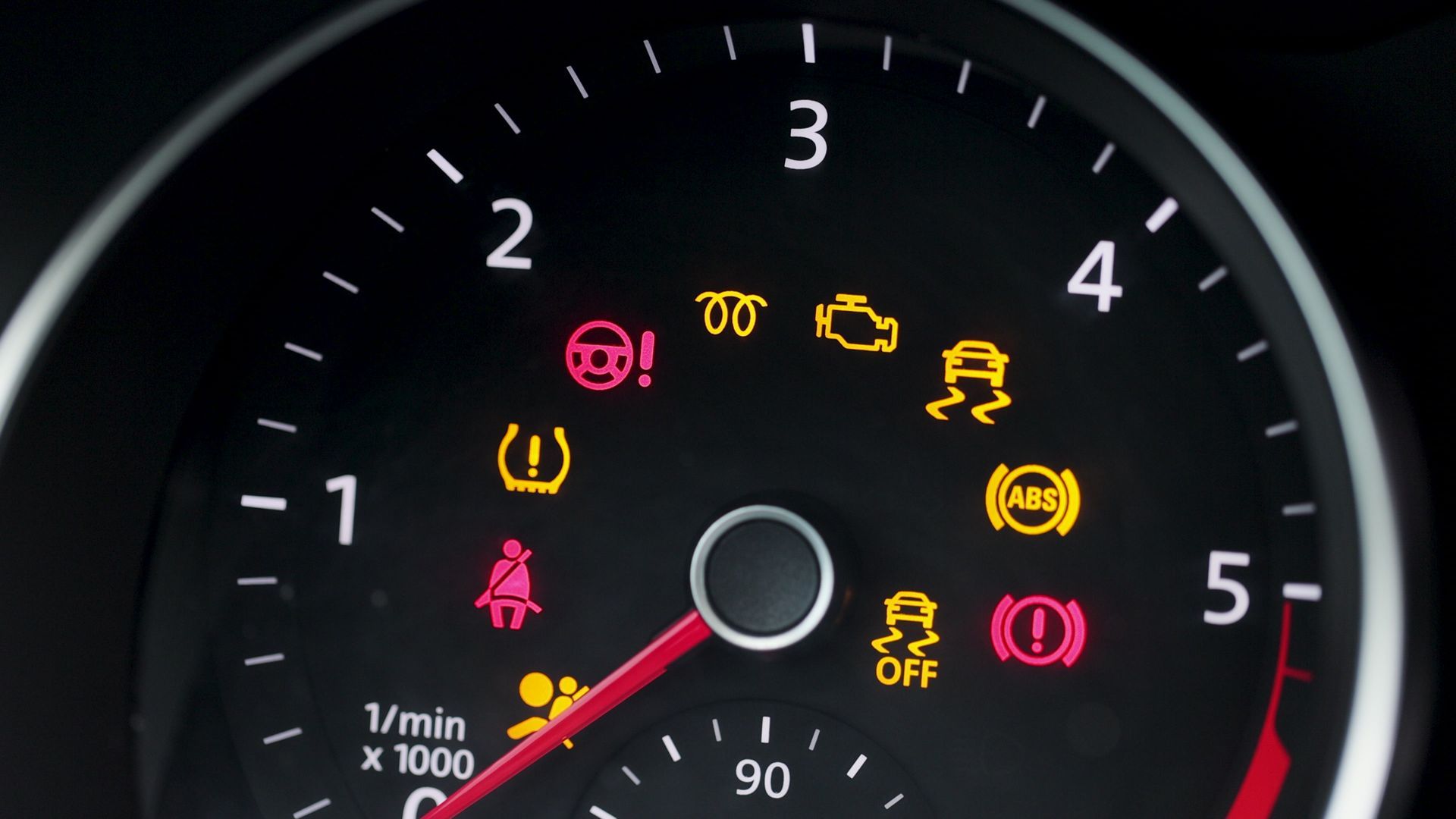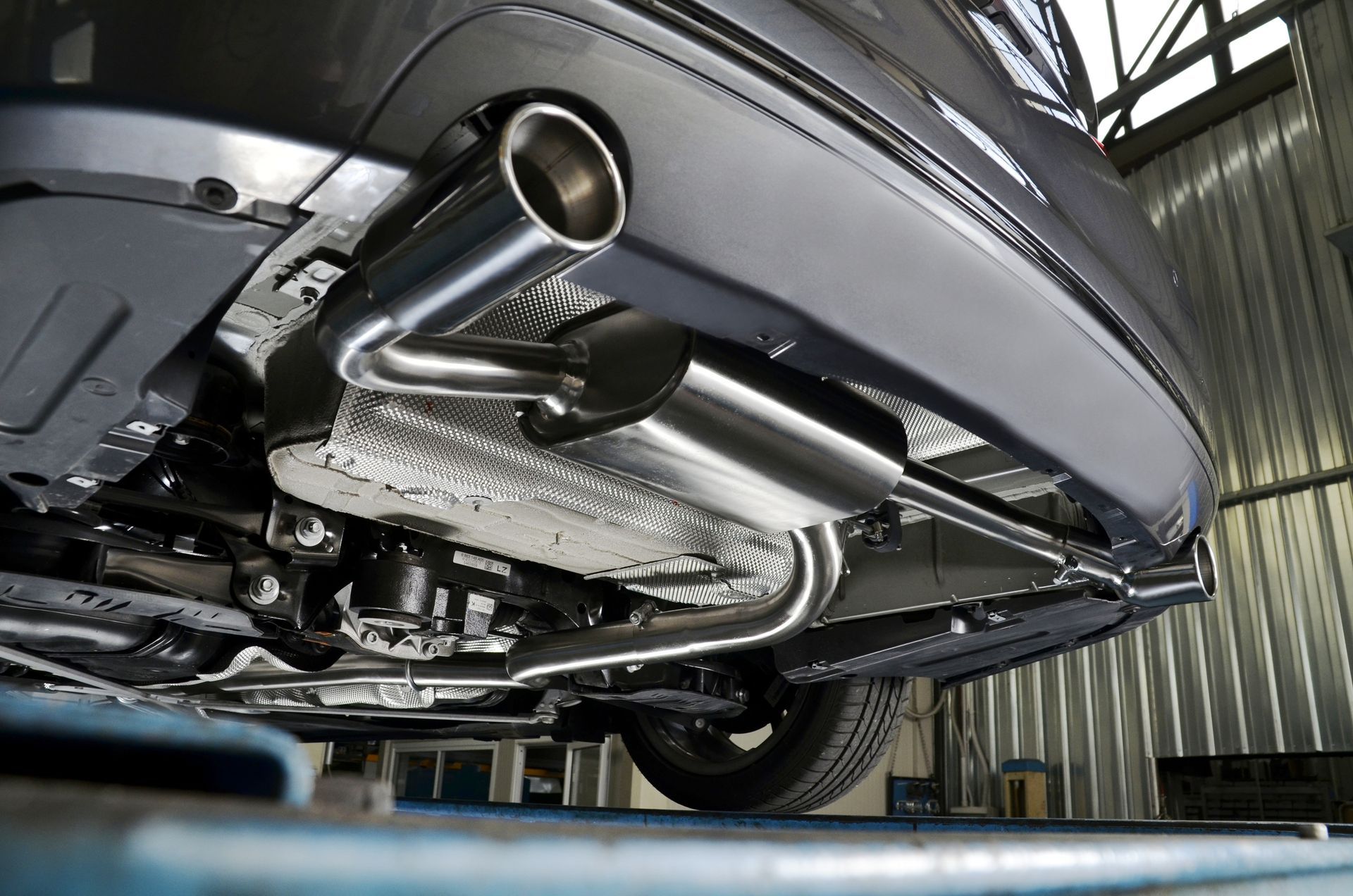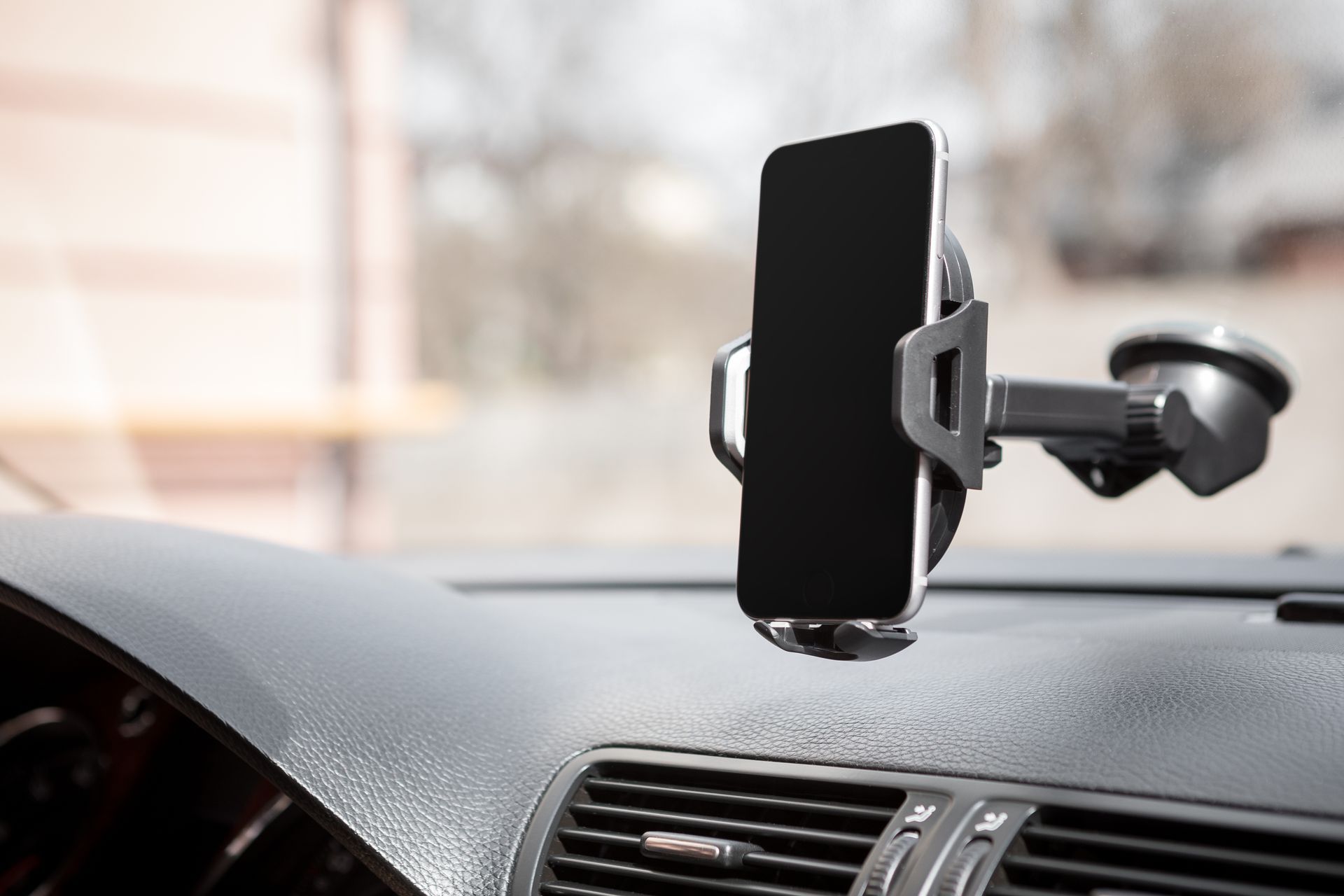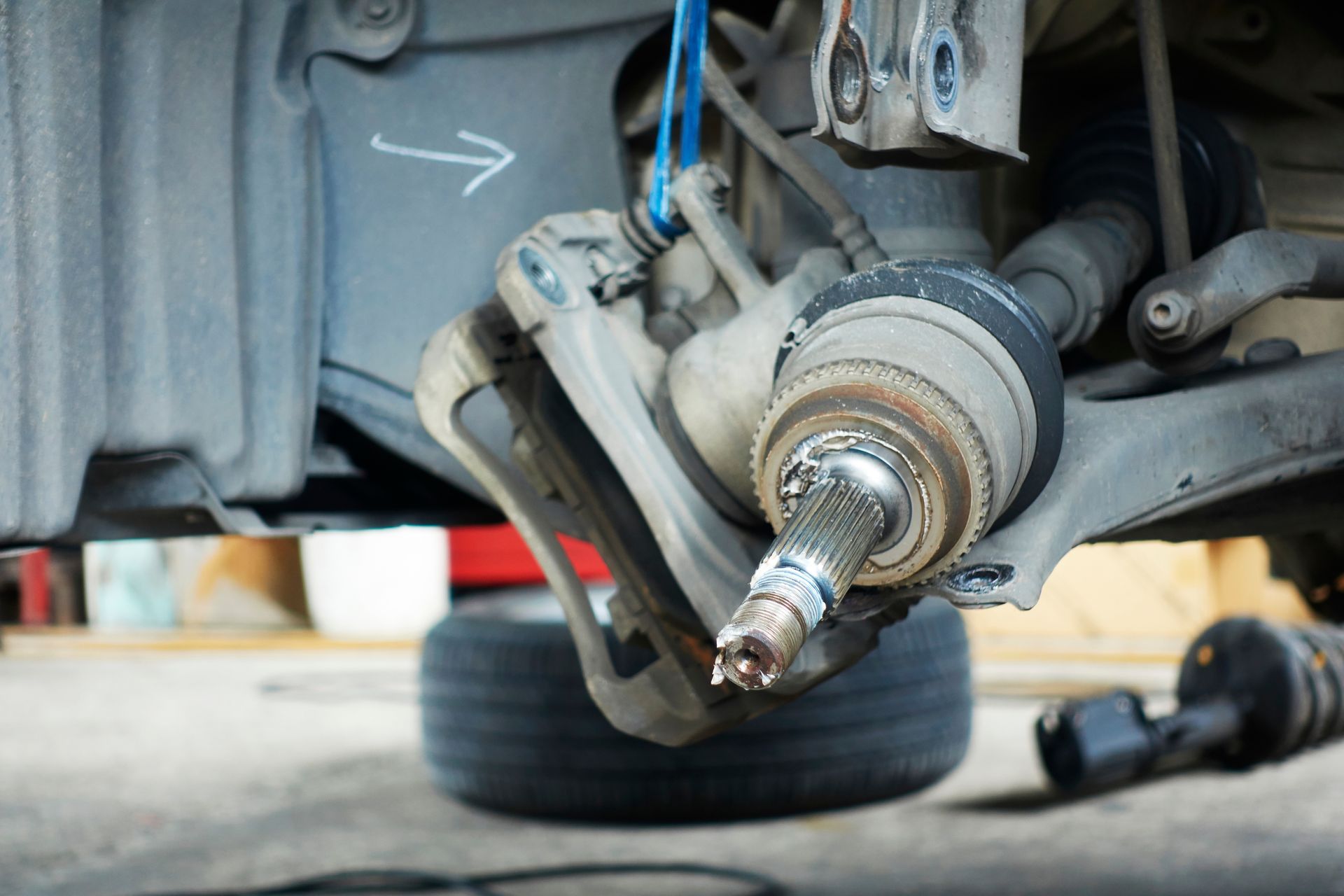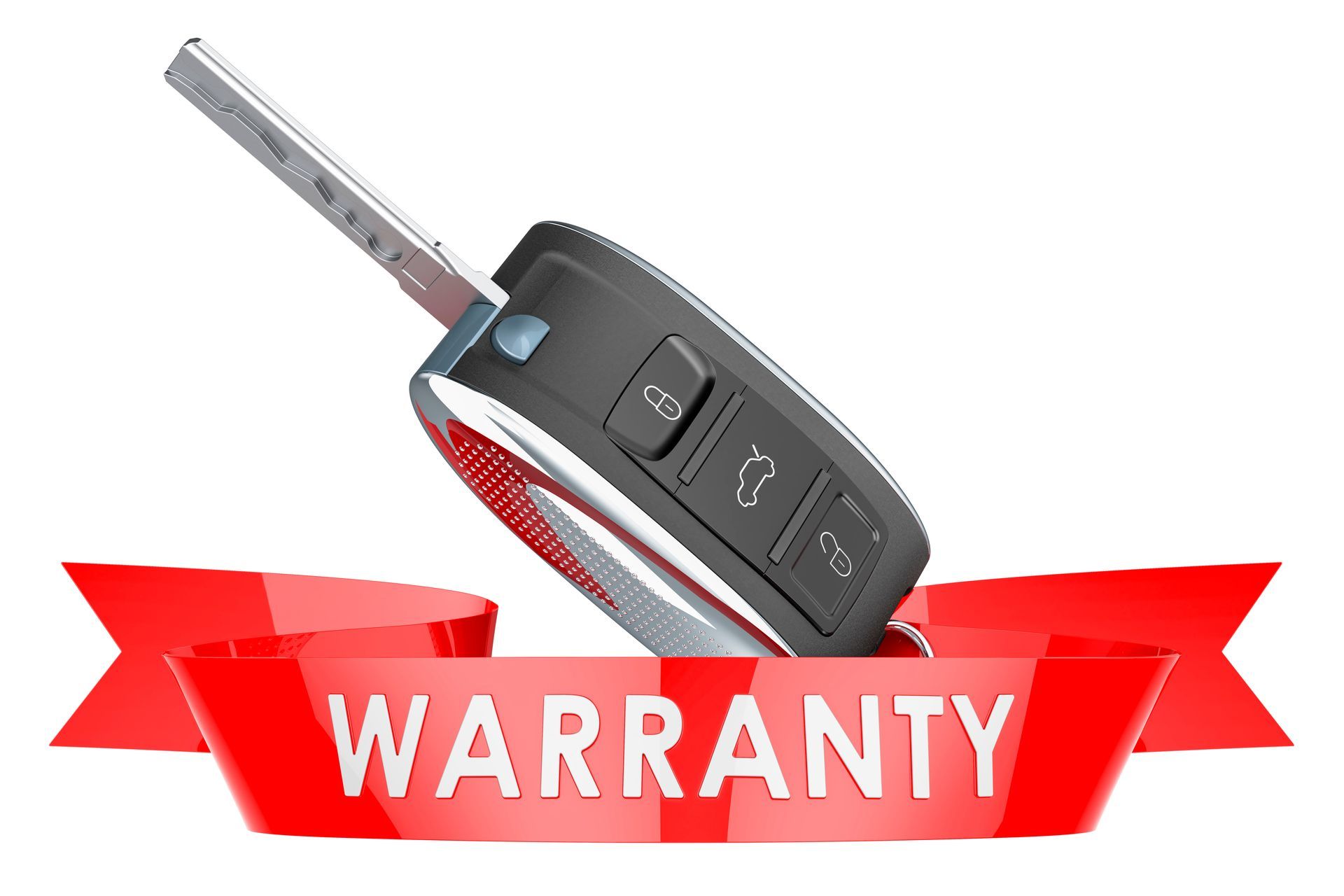Your car's timing belt is a critical component that keeps your engine running smoothly. It synchronizes the rotation of the crankshaft and the camshaft so that the engine's valves open and close at the proper times during each cylinder's intake and exhaust strokes. However, like all parts of your car, the timing belt wears out over time and needs to be replaced. Failing to do so can lead to severe engine damage. Here are some signs that it might be time to change your car's timing belt:
1. Mileage Indicators
The most straightforward indicator is your car's mileage. Most manufacturers recommend replacing the timing belt between 60,000 and 100,000 miles. Check your vehicle's owner's manual for specific recommendations.
2. Ticking Noise from the Engine
A ticking noise coming from the engine area can be a sign that the timing belt is worn out. This sound is usually caused by a loose belt that needs to be tightened or replaced.
3. Engine Won't Turn Over
If the timing belt has broken, the engine will not be able to turn over or ignite. You might hear the starter motor engage, but since the belt isn't moving the cam and crankshaft, the engine won't start.
4. Engine Misfires
A worn-out timing belt can affect the engine's timing, leading to misfires. If the belt slips on the camshaft drive, one cylinder can open or close earlier than it should.
5. Oil Leakage
Oil leaking from the front of the motor could be a sign that the timing belt cover is not intact. This could be due to a variety of factors, including a broken gasket or loose bolts.
6. Exhaust Issues
If you notice more smoke or a different smell coming from your vehicle's exhaust, it could be a sign that the timing belt is not functioning correctly. A malfunctioning belt can cause the engine to run inefficiently, leading to increased emissions.
7. Rough Idling or Difficulty Starting
If your car is having trouble starting or idling roughly, it could be a symptom of a timing belt problem. These symptoms can also be caused by other issues, so it's important to get a professional diagnosis.
The Importance of Timely Replacement
Replacing a timing belt is not just about preventing breakdowns; it's about avoiding potentially catastrophic engine damage. A failed timing belt can cause valves to collide with pistons, resulting in expensive repairs or even the need for a new engine.
Preventive Maintenance
To avoid the hassle and expense of major repairs, it's important to replace your timing belt at regular intervals, as recommended by your vehicle's manufacturer. It's also a good practice to replace the water pump, tensioners, and pulleys along with the timing belt if they are accessible. This can save you time and money in the long run.
Choosing a Mechanic
When it comes time to replace your timing belt, choose a reputable mechanic or service center experienced with your type of vehicle. The process can be intricate and requires specific knowledge and tools.
Do you need your car's timing belt changed? Call Precision Automotive Service NY and book an appointment today - it's that simple!


